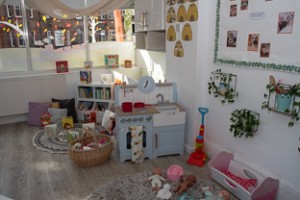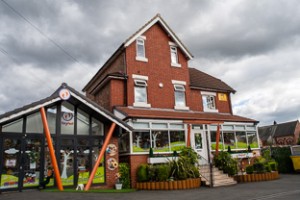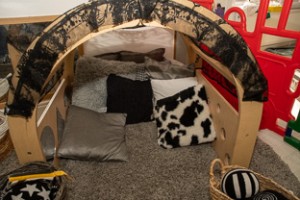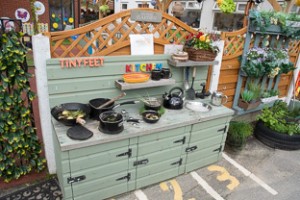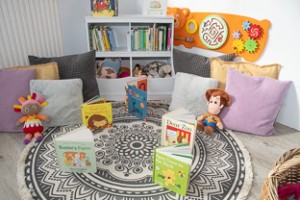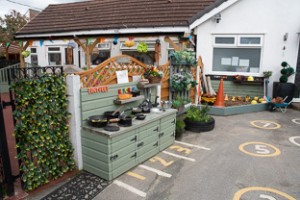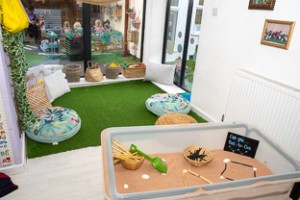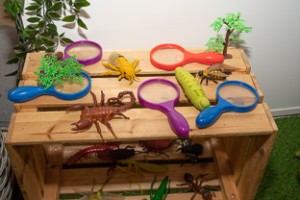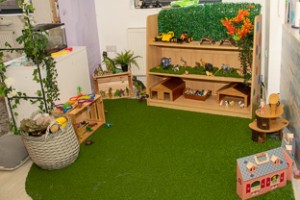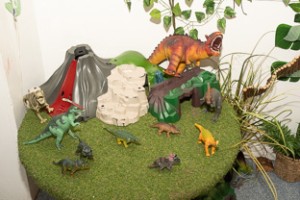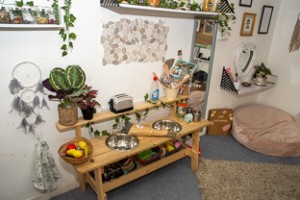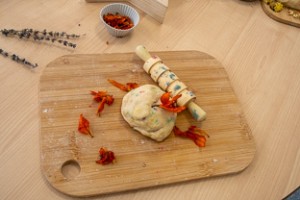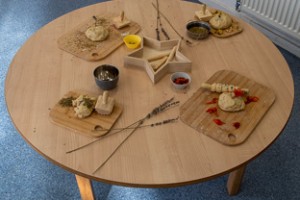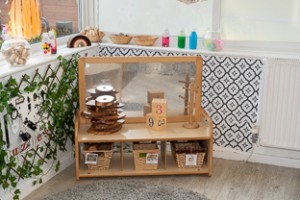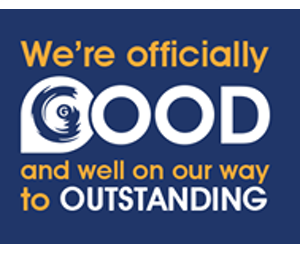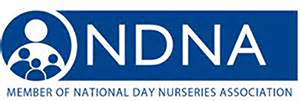At Tiny Feet we all believe that each individual child deserves the best start and support. A child’s experience at Tiny Feet has an impact on their future. That’s why we provide a secure, safe and happy environment, to encourage children to thrive and to make the most of their abilities and talents.
Tiny Feet provides a ‘Home from Home’ attitude and gives children lots of experiences that parents may also give at home. We feel we offer children a welcome and reassuring environment which is secure, stimulating and well organized. Each room has various resources to choose from and has areas of continuous provision.
Planning is carried out on a weekly basis and is on show in the hall on the notice board. Each child will be observed on how they play and develop fine motor skills.
What is Early Learning?
Welcome to the Early Learning, which is how the Government and early year’s professionals describe the time in your child’s life between birth and age five.
What is our Early Learning Framework – why do we have one?
The EYFS Framework exists to support all professionals working in the EYFS to help your child, and was developed with a number of early year’s experts and parents.
In 2012 the framework was revised to make it clearer and easier to use, with more focus on the things that matter most. This new framework also has a greater emphasis on your role in helping your child develop.
The legal welfare requirements that everyone registered to look after children must follow to keep your child safe and promote their welfare
The 7 areas of learning and development which guide professionals’ engagement with your child’s play and activities as they learn new skills and knowledge
Assessments that will tell you about your child’s progress through the EYFS
Expected levels that your child should reach at age five, usually the end of the reception year; these expectations are called the “Early Learning Goals”
There is also guidance for the professionals supporting your child on planning the learning activities, and observing and assessing what and how your child is learning and developing.
The EYFS Framework explains how and what your child will be learning to support their healthy development.
Your child will be learning skills, acquiring new knowledge and demonstrating their understanding through 7 areas of learning and development.
Children should mostly develop the 3 prime areas first. These are:
- Communication and language;
- Physical development; and
- Personal, social and emotional development.
These prime areas are those most essential for your child’s healthy development and future learning.
As children grow, the prime areas will help them to develop skills in 4 specific areas. These are:
- Literacy.
- Mathematics.
- Understanding the world.
- Expressive arts and design.
These 7 areas are used to plan your child’s learning and activities. The Staff teaching and supporting your child will make sure that the activities are suited to your child’s unique needs. This is a little bit like a curriculum in primary and secondary schools, but it’s suitable for very young children, and it’s designed to be really flexible so that staff can follow your child’s unique needs and interests.
Children in the EYFS learn by playing and exploring, being active, and through creative and critical thinking which takes place both indoors and outside.
How can I find out how my child is getting on?
It is important that you and the professionals caring for your child work together. You need to feel comfortable about exchanging information and discussing things that will benefit your child. These conversations will be with the Manger, Assistant Manager or your child’s “key person”. This is the person who:
- Is your main point of contact within the setting
- Helps your child to become settled, happy and safe
- Is responsible for your child’s care, development and learning
- Takes a careful note of your child’s progress, sharing this with you and giving your ideas as to how to help your child at home
When your child is two
At some point after your child turns two, the professionals working with your child will give you a written summary of how your child is progressing against the 3 prime areas of learning:
- Communication and language;
- Physical development; and
- Personal, social and emotional development.
This is called the progress check at age two.
This check will highlight areas where your child is progressing well and anywhere they might need some extra help or support – and how mums and dads and other family members or carers can work with the key person to help. You might find it useful to share the information from the check with other professionals such as health visitors (who can use it as part of the health and development review).
Where can I go for further information?
The most important place to find out more is by asking a member of staff here at Tiny Feet – do ask as many questions as you need to. We really do welcome speaking with you.
You can find the Early Years Foundation Stage which includes the early learning goals at www.foundationyears.org.uk
The foundation year’s website also includes a range of resources and contacts.

